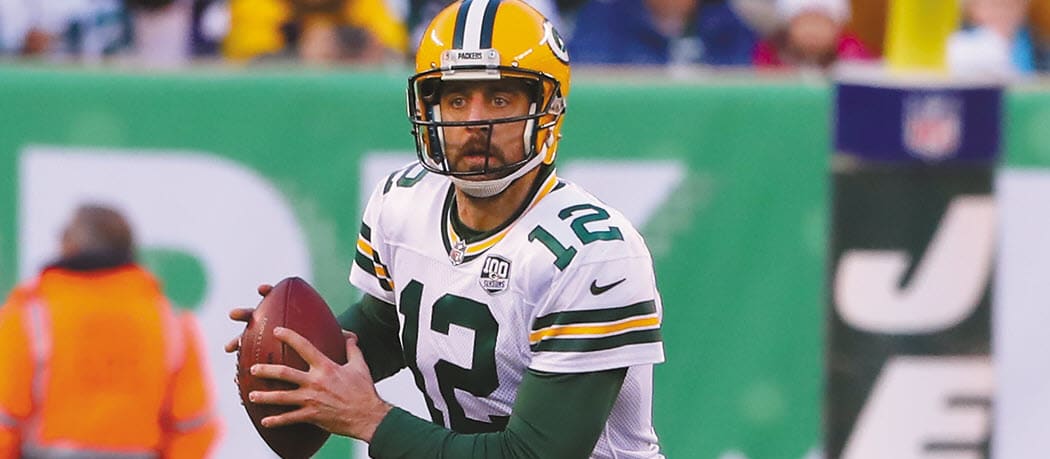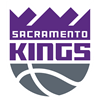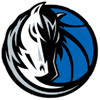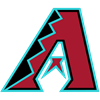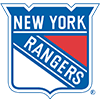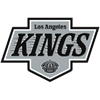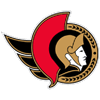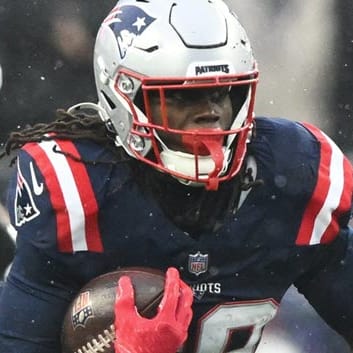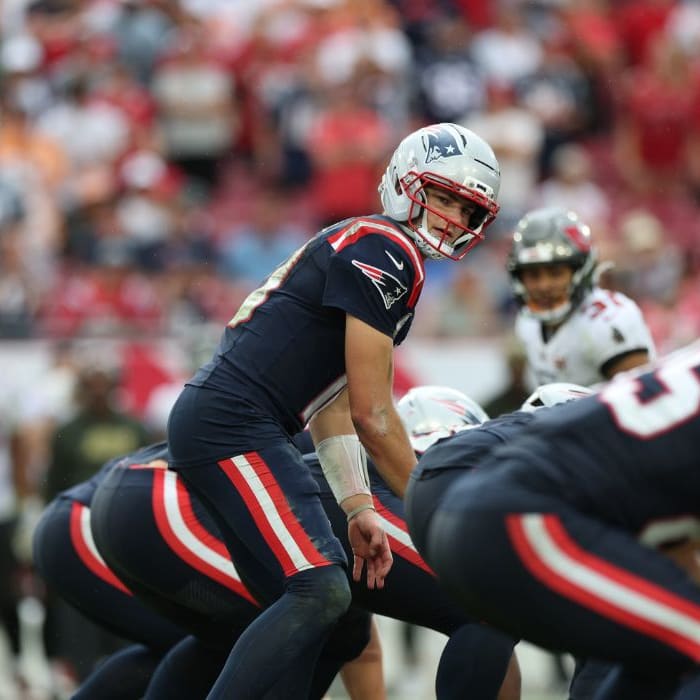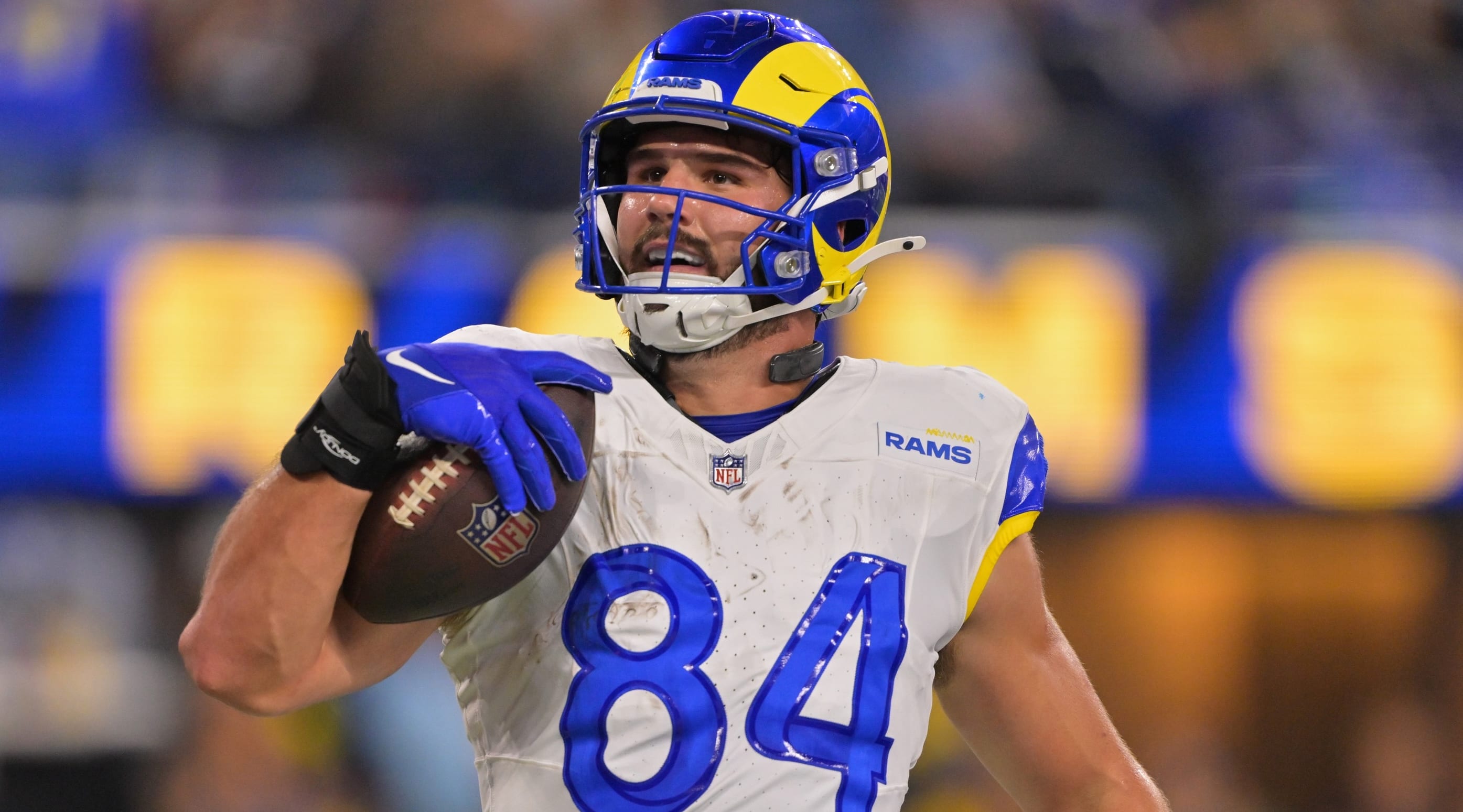This is Part II of an eight-article series previewing the 2022 NFL offseason. The first article, which covered the NFC West, can be found HERE. (If you already read the first article, I recommend skipping the intro below and getting right to the meat and potatoes.)
For true fantasy diehards, it's never too early to look ahead to next year. Some dynasty leagues allow trading throughout winter, and there are now best-ball sites that start drafting for the following season before the current one is technically finished (I drafted my first 2022 squad on Underdog a week and a half prior to the Super Bowl).
The problem with drafting and trading this early is that we don't know where rookies will be selected or where free agents will sign, nor do we know for certain which veterans will be cut/ traded. On that last point, we do often get significant clues to work with, whereas matching rookies and free agents to specific teams is generally a fool's errand, especially before winter turns to spring.
The goal below is to provide a bird's eye view of where each team stands entering the offseason, looking at cap space, free agents, potential cap casualties and draft capital. We can then see which teams are best positioned to actually fix their weaknesses, and can at least get some idea about the teams most likely to devote early draft picks or significant cap space to the positions we care about most for fantasy (QB,
This is Part II of an eight-article series previewing the 2022 NFL offseason. The first article, which covered the NFC West, can be found HERE. (If you already read the first article, I recommend skipping the intro below and getting right to the meat and potatoes.)
For true fantasy diehards, it's never too early to look ahead to next year. Some dynasty leagues allow trading throughout winter, and there are now best-ball sites that start drafting for the following season before the current one is technically finished (I drafted my first 2022 squad on Underdog a week and a half prior to the Super Bowl).
The problem with drafting and trading this early is that we don't know where rookies will be selected or where free agents will sign, nor do we know for certain which veterans will be cut/ traded. On that last point, we do often get significant clues to work with, whereas matching rookies and free agents to specific teams is generally a fool's errand, especially before winter turns to spring.
The goal below is to provide a bird's eye view of where each team stands entering the offseason, looking at cap space, free agents, potential cap casualties and draft capital. We can then see which teams are best positioned to actually fix their weaknesses, and can at least get some idea about the teams most likely to devote early draft picks or significant cap space to the positions we care about most for fantasy (QB, RB, WR, TE). Given that RotoWire is a fantasy website, it's those four positions we'll mostly focus on, though defenses and O-lines won't be ignored by any means.
There are a few things to keep in mind about the information below, and some key dates to know for the upcoming offseason. For starters, it's important to remember that all info on cap space is based on a team's 2022 obligations as of mid-February, without any adjustments for releases and renegotiations that are likely to happen in the coming week/months.
In most cases, teams that we list as being well over the limit (negative cap space) won't find it too hard to become compliant by the start of the new league year in mid-March. Some may even be able to shop at the top of the market in free agency, perhaps sitting a few simple transactions away from clearing tens of millions of cap space (that's why I discuss the situations in detail below, rather than just listing numbers).
The figure listed for each team's cap comes from this page on OverTheCap.com, sorted by 'Effective Cap Space' to account for the minimum of 51 players (because $15 million in cap space with 55 guys under contact is very different from $15 million in cap space with only 35 guys signed for next year.)
You'll see me mention June 1 quite a bit throughout this series; it's the date when teams can start spreading a traded/released player's dead-cap charge between the current year's sheet (2022) and next year's (2023). The NFL does allow each team to designate two cuts as pre-June 1 even if they occur before the date, but any other trades/releases done before June require all the dead money to be charged against 2022. Here are some of the other important dates to keep in mind for the upcoming offseason:
March 8: Deadline to designate Franchise/Transition tag players.
March 14: Beginning of "Legal Tampering" period (teams can speak with impending FAs).
March 16: Start of 2022 League Year (teams can sign free agents and officially make trades).
April 4: Teams with new coaches can start offseason programs.
April 18: All other teams can start offseason programs.
April 22: Deadline for restricted free agents to sign offer sheets.
April 28-30: 2022 NFL Draft
May 2: Deadline to exercise fifth-year option for 2019 first-round picks (applies to 2023)
June 1: Dead-money split deadline (discussed above, and in more detail here at OTC).
Now, let's take a look at the four NFC North teams...
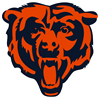 Chicago Bears
Chicago Bears
Cap Space: $24.9 million (11th)
Potential Cap Casualties: QB Nick Foles, RB Tarik Cohen, DT Eddie Goldman
The Bears' two biggest cap hits, as of right now, are for edge rushers Khalil Mack ($30.2 million) and Robert Quinn ($17.1 million). We should consider all possibilities, especially with new HC Matt Eberflus moving the team to a 4-3 base, but the contract structures suggest Mack and Quinn likely will be around for another year. If anything, the Bears might try to trade Mack, which would split the 2022 cap hit between Chicago and his new team. They might also consider another contract renegotiation, which would free up as much as $10-11 million.
The Bears can clear another $14 million if they cut the three guys listed above after June 1 (or with post-June 1 designations). Keep that in mind with Cohen, who could make it to training camp but then be released if he doesn't look good or isn't needed. Foles is the same deal, though with only $3 million to be gained from his release it might just make sense to keep him as the backup.
Bears salary-cap analysis: Ryan Poles' to-do list includes potential Roquan Smith extension, veteran cuts https://t.co/3n1nivQVB1
— The Athletic Chicago (@TheAthleticCHI) February 14, 2022
Key Free Agents: WR Allen Robinson, WR Damiere Byrd, RG James Daniels, LT Jason Peters, LB Alec Ogletree, DL Bilal Nichols, S Tashaun Gipson, QB Andy Dalton
Draft Capital: 2nd (39), 3rd (71), 6th (147), 5th (149), 6th (184),
The Bears have an extra fifth-rounder but are missing their picks in the first, fourth and seventh rounds. That puts them bottom five in any measure of draft capital, primarily as a product of the Justin Fields trade. Of course, one lean draft won't bother Bears fans as long as Fields, Darnell Mooney, David Montgomery and Cole Kmet continue to progress after a solid finish to 2021 (hardly a sure thing, admittedly).
As for the free agents... Robinson seems likely to leave Chicago, even with Matt Nagy already out the door. The team's two highest-graded blockers via PFF (Peters and Daniels) are also free agents, and the Bears presumably want 2021 second-round pick Teven Jenkins to replace Peters on the blind side. The losses on defense are far less concerning, with each of Nichols, Ogletree and Gipson offering experience more so than talent (at least at this point in their respective careers).
The (Way-Too-Early) Verdict: Eberflus and GM Ryan Poles inherit a decent situation, unless Fields is a total bust. And while the Nagy stench may scare Robinson away, the Bears have enough cap flexibility to add a legit veteran wideout alongside their core group of Fields, Mooney, Montgomery and Kmet.
For Fields, you'd like to see a little more depth at WR/TE. But for the other guys, the lack of depth is arguably a positive, as the Bears could even add someone like Chris Godwin and still have solid target projections for Mooney/Kmet, given the lack of a reliable third receiver or second tight end (at least at the moment).
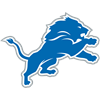 Detroit Lions
Detroit Lions
Cap Space: $11.2 million (16th)
Potential Cap Casualties: QB Jared Goff, RB Jamaal Williams, DE/OLB Trey Flowers, DE/OLB Romeo Okwara, S Will Harris
Goff is scheduled for a $31.2 million cap hit, slightly more than the $30.5 million dead-money charge if he's released. His $10.65 million base salary, however, is non-guaranteed, and that's what the Lions would save from a real-money standpoint, with the option to clear up $10.65 million in 2022 cap space (instead of only $650k) if they designate Goff as a post-June 1 release. You might argue for just keeping him at that price, even as a backup, and there's also some chance he's traded.
Flowers is the other big contract Detroit might look to get rid of, which would free up $16 million in cap space with a post-June 1 designation (or trade). Williams and Okwara likely will be brought back given the more modest savings available ($3 million and $6 million respectively), while Harris would arguably be addition by subtraction at after three straight seasons with a bottom-12 PFF grade among safeties
Key Free Agents: WR Kalif Raymond, WR Josh Reynolds, S Tracy Walker, DE Charles Harris, LB Alex Anzalone, S Dean Marlowe, LB Jalen Reeves-Maybin
Draft Capital: 1st (2), 1st (32), 2nd (34), 3rd (66), 3rd (97), 5th (176), 6th (179), 6th (218), 7th (232), 7th (240)
The Lions have a good number of snaps headed for free agency, but it's mostly borderline-starter types, none of whom lit up the stat sheet in 2021. With a relatively clean cap sheet and an extra first-round pick (albeit at the very end of the round), Detroit is a reasonable match for any of the top QBs and WRs in the draft, along with any of the top WRs in free agency.
The (Way-Too-Early) Verdict: The Lions have a solid O-line, along with three promising playmakers in D'Andre Swift, T.J. Hockenson and Amon-Ra St. Brown. QB play is another matter, but the team overall should be better, assuming all the draft picks and cap space aren't squandered.
Even a target-demanding addition like Chris Godwin or Allen Robinson wouldn't be the worst thing for the existing playmakers, considering how many passes went to replacement-level scrubs last year. The bigger concern is that Swift/Hock/Ra may get stuck in the QB wilderness for another year or two, though it's a concern that appears to be priced into early ADP.
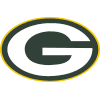 Green Bay Packers
Green Bay Packers
Cap Space: -$53.9 million (31st)
Potential Cap Casualties: WR Randall Cobb, OLB Preston Smith, OLB Za'Darius Smith
Apart from Cobb, the Packers' largest salaries mostly coincide with their best players. They don't have many bad contracts, but do have some huge cap hits that can be adjusted via trade, extension or renegotiation, including QB Aaron Rodgers ($46.7 million cap hit), OLB Za'Darius Smith ($27.7 million) and LT David Bakhtiari ($22.2 million).
You could argue both Smiths are worth more than the potential cap relief, in most contexts, but the Packers have fellow edge rusher Rashan Gary coming off a breakout season and are badly in need of some flexibility. They can save around $12.5 million by getting rid of Preston, or $15 million with Za'Darius.
Cobb's non-guaranteed $7.9 million salary makes him one of the more obvious veteran cuts this offseason, though he might come back to the Packers at a much lower number, especially if Aaron Rodgers returns. That, of course, is the big question on which everything hinges.
If Rodgers wants in again, the Pack likely will kick the salary-cap can further down the road to keep him and Adams together. If he wants out, they might start fielding field calls for their other high-quality vets; guys like Za'Darius, Bakhtiari and DL Kenny Clark.
And one more observation:
The Packers are the only team that currently cannot get under the cap even if they executed simple restructures on everyone possible.
And that's not even counting a possible usage of the franchise tag on Davante Adams.
— Nick Korte (@nickkorte) February 15, 2022
Key Free Agents: WR Davante Adams, WR Marquez Valdes-Scantling, WR Allen Lazard (RFA), TE Robert Tonyan, LB De'Vondre Campbell, G Lucas Patrick, CB Chandon Sullivan, CB Rasul Douglas
Draft Capital: 1st (28), 2nd (59), 3rd (92), 4th (130), 4th (139), 5th (170), 7th (226), 7th (247), 7th (258)
Only Adams and Campbell figure to be expensive among the free agents, but Green Bay's cap situation means it won't be easy to keep the gang together even if that's what Rodgers wants. The Athletic's Matt Schneidman recently wrote an article detailing some of the moves the Packers can make to at least keep Rodgers, Adams and Campbell, as well as restricted free agent Lazard (RFAs, especially quality ones, are usually retained).
The (Way-Too-Early) Verdict: MVS and Tonyan would only be late-round picks even if we knew they were staying with Rodgers, and given the uncertainty on all sides, it's hard to get excited about either of them. Lazard also comes with uncertainty, but he'll likely get an RFA tender and thus stands a better chance to be Rodgers' No. 2 receiver next year.
As for Rodgers and Adams... I don't buy retirement rumors for a second, nor do I see an NFL team that needs a QB and would give him a better shot at a ring than the Packers could. Of course, Rodgers might not agree, especially if he's still a bit sour despite his recent comments suggesting otherwise.
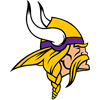 Minnesota Vikings
Minnesota Vikings
Cap Space: - $19.9 million (28th)
Potential Cap Casualties: DT Michael Pierce, WR Adam Thielen
The Vikings can shed $6.5 million of Pierce's $10.5 million cap hit if he's released, but they'll mostly need renegotiations and extensions (or trades) to clear cap space, hoping to lower the 2022 charges for the likes of QB Kirk Cousins ($45 million), DE Danielle Hunter ($26.1 million), WR Adam Thielen ($16.9 million), LB Eric Kendricks ($13.5 million), S Harrison Smith ($13.5 million) and RB Dalvin Cook ($12.0).
The Vikings can clear a lot of space in a hurry if they renegotiate/extend all of those guys, but there's also some talk of a rebuild/retool under a new front office led by GM Kwesi Adofo-Mensah, who may be inclined to end the Cousins era. A trade would instantly clear $35 million in cap space under the terms of the QB's current deal, giving the Vikings significant flexibility without moving money from 2022 to future years for the other high-priced players listed above.
Note: Thielen's $12 million base salary is non-guaranteed, and the Vikes can clear $12.5 million in cap space if he's traded after June 1 or cut with a post-June 1 designation. I don't think he'll be released given that the salary is reasonable for a player of his skill, but a trade would make sense if they're already trying to move Cousins.
Key Free Agents: TE Tyler Conklin, LB Anthony Barr, CB Patrick Peterson, S Xavier Woods, LB Nick Vigil, CB Mackensie Alexander, DT Sheldon Richardson, C Mason Cole, WR Dede Westbrook
Draft Capital: 1st (12), 2nd (46), 3rd (77), 5th (155), 6th (182), 6th (190), 6th (207), 7th (230)
There are some big names on the list of free agents, but neither Barr, Peterson nor Richardson was especially good in 2021, and most of the others on the list were of a similar caliber (middling starters or quality backups). If they do opt for the rebuild/retooling route, it'd make sense to let nearly all of these guys go.
The Super Bowl LVI @NFLGameDay Notebook with @MikeGarafolo and @TomPelissero: The #Bengals and Zac Taylor will work out a contract extension after today; The #Vikings will hire Kevin O'Connell & keep QB Kirk Cousins; The #49ers will try to trade Jimmy Garoppolo in the next month. pic.twitter.com/RndlQQYYk6
— Ian Rapoport (@RapSheet) February 13, 2022
The (Way-Too-Early) Verdict: The dream scenario for Vikings fans would be trading Cousins (and draft picks) for a legit QB upgrade like Russell Wilson. More likely, they'll run it back with Cousins-Cook-Thielen-Jefferson for another year. (Option C is to move on from Cousins and replace him with a young QB).
We can at least bet on Cook and Jefferson gobbling up touches and yards, while TE Irv Smith should come back from a meniscus injury to take the starting job at tight end even if Conklin re-signs. Smith and K.J. Osborn are solid late-round picks in early drafts, with potential to move up boards if Thielen ends up elsewhere and isn't replaced by someone comparable.
Thielen himself is a tricky case, given the age, recent injuries and possibility of playing for a new team. Some of that also applies to Cousins, who definitely will be a starter but not automatically for the Vikings.


